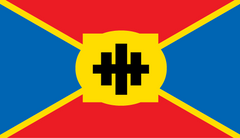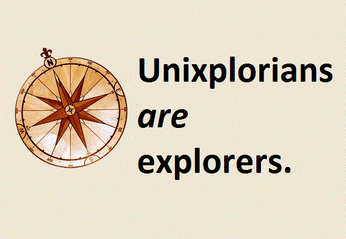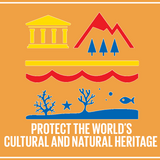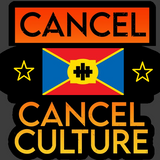DID YOU KNOW?
- Chess is the most popular game in Unixploria.
- Every citizen of Unixploria has free internet access.
- Unixploria only has one national TV network, but every citizen enjoys well over 500 channels free of charge.
- Unixplorians are proud to indulge in exquisite food, tasty beverages, and fine tobacco.
- Literature and art are essential conversation topics in Unixploria.
OUR CULTURE
We are a nation of explorers and collectors. What do we mean by that, and how does that influence our culture?
We begin by exploring the world around us to better understand it. As we explore, we collect artifacts that help us organize our thoughts and emotions about the planet. This process of researching and collecting often complements each other, and we often use scientific principles to manage the knowledge we gain. Our museums and scientific taxonomies serve as evidence of this fact.
Our Western culture embraces religious practices, reason, and scientific progress, with exploration and collecting as essential tools.
Unixploria is Part of the Western Culture
Western culture, also referred to as Western civilization, European civilization, Occidental culture, or Western society, encompasses a diverse range of social norms, ethical values, traditional customs, belief systems, political structures, artifacts, and technologies developed in the Western world. The foundations of Western civilization can be traced back to the Greco-Roman civilization and the principles of Western Christianity. Societal contributions from Germanic peoples have significantly influenced it.
Western culture is a broad term not referring to a specific geographical area. It usually encompasses the cultures of countries with historical ties to one or more European countries and the diverse range of European cultures. However, countries in the eastern part of Europe are often not included in the definitions of the Western world.
During the Carolingian Renaissance of the 9th century, the idea of Europe as a cultural sphere emerged. It was not just a geographic term anymore. This new concept included most of the territories that practiced Western Christianity. However, from a Western European perspective, "Europe" did not encompass the regions where the Orthodox Church or Islam was the dominant religion until the 19th century.
Themes of Western Culture
Western culture has developed many themes and traditions, the most significant of which are:
- Preeminent authors and philosophers, including Socrates, Plato, and Aristotle, and a long mythological tradition heavily influenced the Greco-Roman arts, architecture, philosophy, and culture.
- Christian ethical, philosophical, and mythological tradition stems mainly from the Christian Bible, particularly the New Testament Gospels.
- Monasteries, schools, libraries, books, bookmaking, universities, teaching, education, and lecture halls.
- A tradition of the importance of the rule of law.
- Secular humanism, rationalism, and Enlightenment thought. This set the basis for a new critical attitude and open questioning of religion, favoring freethinking and questioning of the church as an authority, which resulted in open-minded and reformist ideals inside, such as liberation theology, which partly adopted these currents, and secular and political tendencies such as separation of church and state (sometimes termed laicism), agnosticism and atheism.
- Generalized usage of some form of the Latin or Greek alphabet and derived forms, such as Cyrillic, used by those southern and eastern Slavic countries of Christian Orthodox tradition, historically under the Byzantine Empire and later within the Russian czarist or the Soviet area of influence. Other Latin or Greek alphabet variants are found in the Gothic and Coptic alphabets, which historically superseded older scripts, such as runes and the Egyptian Demotic and Hieroglyphic systems.
- Natural law, human rights, constitutionalism, parliamentarian, and formal liberal democracy in recent times—before the 19th century, most Western governments were still monarchies.
- It significantly influences many ideals and values developed and inherited from Romanticism in modern times.
- An emphasis on and use of science to understand the natural world and humanity's place in it.
- More pronounced use and application of innovation and scientific developments, as well as a more rational approach to scientific progress (known as the scientific method).
TRADITIONS AND CUSTOMS
HOLIDAYS
We celebrate all Christian holidays throughout the Liturgical Year. We also celebrate other days of national importance, such as our Independence Day.
SPORTS & GAMES
Archery, target shooting, fencing, chess, and kubb are some of our favorite games and sports.
FOOD & BEVERAGE
The Unixplorian cuisine is a mix of styles. Our kitchen is all about taste, and so are our renowned beverages.














